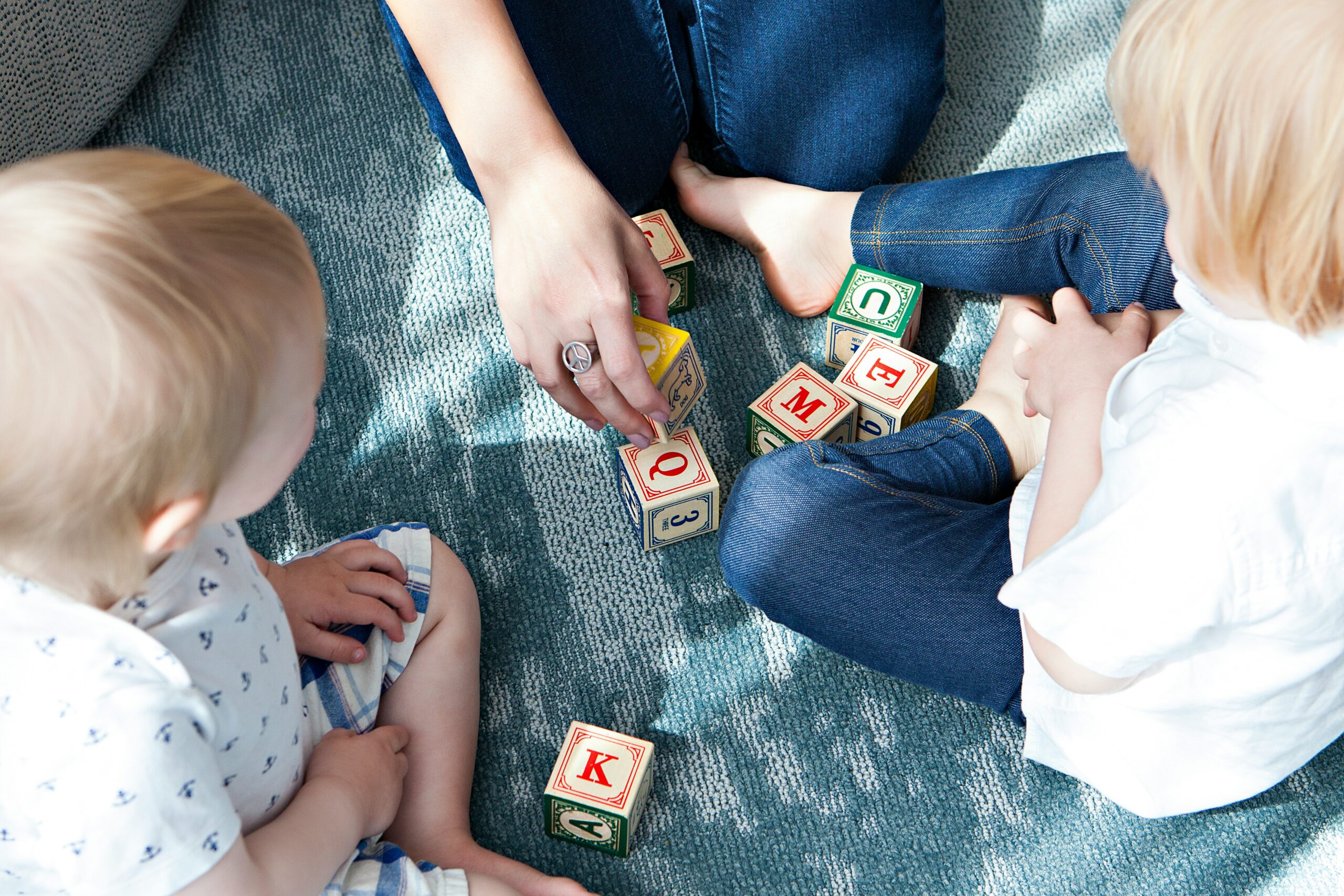
Parenting is a Team Sport
Tracy Bennett | October 30, 2024

Admiring the vibrant fall colors of New England on a recent walk, I listened to a NYT Daily podcast, The Parents Aren’t All Right. Spurred by the recent advisory from Dr. Vivek Murthy, US Surgeon General, about the state of stress and mental health concerns among today’s parents (on par with previous warnings about cigarettes and AIDS), the podcast explored what’s behind this increasingly prevalent phenomenon. Full disclosure: I raised five children, frequently as a single parent, so I had a keen interest in understanding how this emotional distress differs from my experience of forgetting lunches, missing games, and even once leaving a child at aftercare long past closing.
A look back at the historic trajectory of the role of parents is informing. In the 1970s, “parent” was a noun. “Parenting” as a word, let alone an activity or obsession, did not exist. (This captures my upbringing entirely.) Then in the 80s, as women entered the workforce, parenting became a verb, and a responsibility that mothers, primarily, were expected to carry in tandem with their professional pursuits. Concerns about child safety (“It’s 10:00 p.m.—do you know where your children are?”) were paramount, and increasingly caring for kids and raising a family was seen as an individual task, not a community endeavor. (The US remains significantly behind other rich countries in terms of government policies in support of parents, such as paid leave or child care subsidies.)
As we moved into the 21st century, a transition marked by economic anxiety and increased competition for college admission, the research into brain development exploded. We learned that the time from birth to three years is a critical period in a child’s life, and parental interaction plays a critical role. In addition to making those lunches, attending those games, and keeping your kids safe, you need to get on the floor and play with them. Read to them. Have generative conversations at every opportunity. Violin lessons, soccer camp, robotics club, and SAT tutoring isn’t enough. “Intensive parenting”—child-centered, expert-guided, emotionally absorbing, labor intensive, and financially expensive—was born.
Which brings us to 2024 and the crisis we are facing. A couple of interesting—and alarming—facts:
- 48 percent of parents say most days their stress is completely overwhelming, compared with 26 percent of other adults who reported the same.
- Working mothers today spend as much time with their children as stay-at-home mothers did in the 1970s.
- Single parents are particularly likely to struggle with loneliness, with more than 77% identifying as lonely.
In addition to navigating traditional hardships of parenting—worrying about money and safety, struggling to get enough sleep—today’s parents face fears about omnipresent screens, a youth mental health crisis and widespread apprehension about the future. They are bombarded with advice about how to be a better parent, and constantly feel they are falling short. The result of their parenting failures will be sending put into the world a child who does not find joy, meaning, or success in their life, let alone a secure middle-class life.
What does this mean for schools? It seems to me that a lot of the conversation tends to focus on setting clear expectations and boundaries with parents (post-pandemic, in particular), educating them about why they can trust in our work, and being empathetic to their stress. Strikingly absent are tangible actions and intentional gestures that could actually have an impact.
Let’s consider what we know. Parents have little if any time to themselves—to exercise, socialize, or just sit and do nothing. Parents are lonely. Parents are worried about their kids. I think schools can take concrete steps in all of these areas, for example:
- Give every family a dozen (pick your number) free coupons for aftercare to use throughout the year. Encourage parents to use this time for themselves in whatever way they need to take care of themselves.
- Host a monthly Saturday morning open gym, where parents can drop their kids and go have coffee or run an errand. Or hang out with other parents.
- Create affinity groups that bring parents facing similar situations together—single parenting, caring for an elderly parent, or struggling to limit social media with their children.
- Help organize carpools at the start of the year, connecting families in adjacent neighborhoods or with similar commuting patterns.
- Offer a monthly “lunch is on us,” giving parents a break from this task.
- Schedule “no homework” nights or even weekends, giving both students and parents additional time together and with other families.
- Create a virtual bulletin board where parents can post requests for help and offer to assist others. This could range from exchanging soccer cleats that no longer fit to a meal train for someone who suddenly falls ill.
- Survey parents to find out what they would find most helpful—engage them in conversation and partnership in the effort to reduce stress and build community.
Most importantly, schools can double down on communicating with parents about the academic, social, and emotional wellbeing of their children. Reassuring parents that their children are truly seen and loved goes a long way. It can be as simple as a brief exchange at drop off about Johnny’s hard work in memorizing his lines for the play. These gestures affirm that we care about your child and about you.
As Dr. Murthy writes, “…parenting at its best is a team sport.” Schools have an opportunity to get off the bench in the game, and everyone will win.
Interested in learning more about how we can help?

EXPERTS IN SEARCH, TRANSITION & STRATEGY
©2024 Educators Collaborative. All rights reserved. | Privacy Policy
